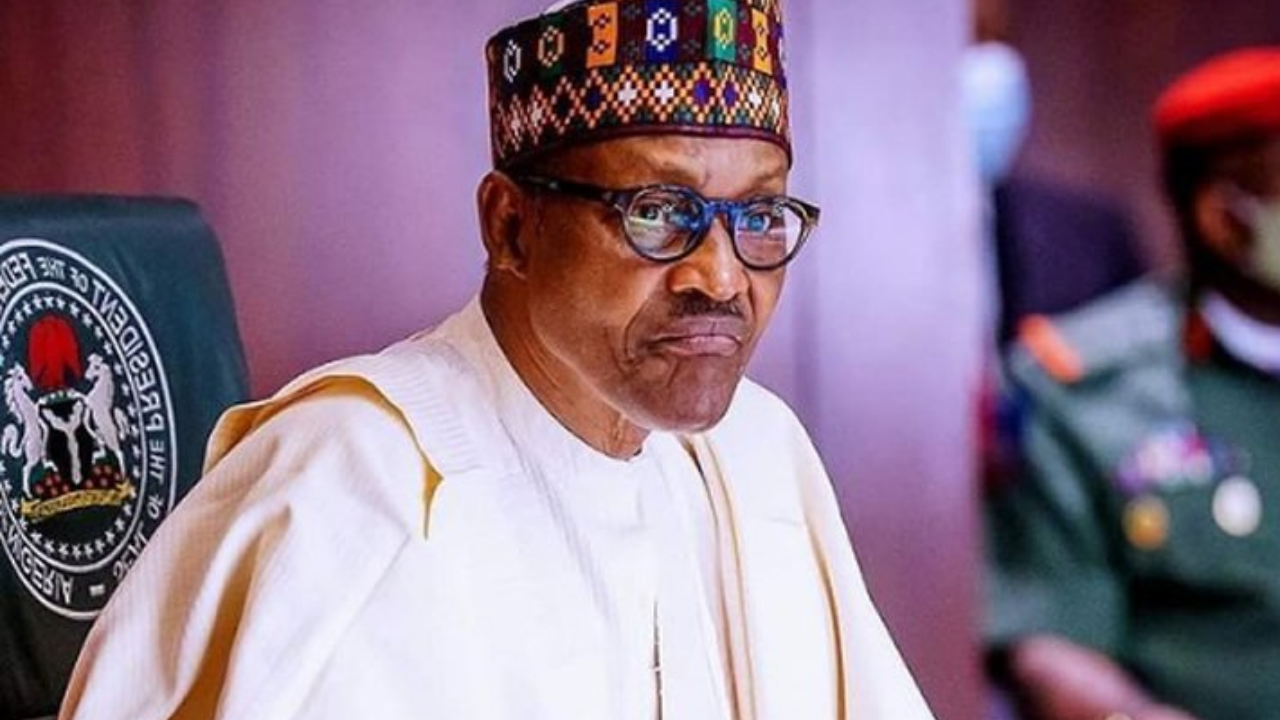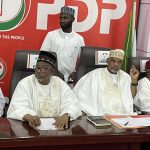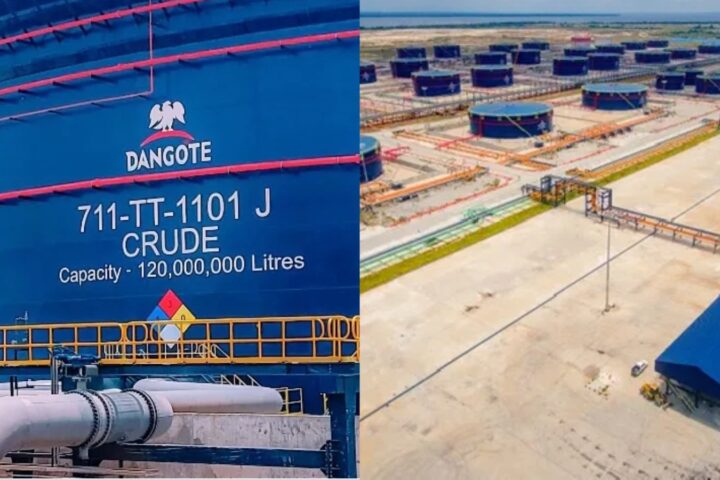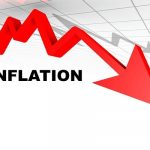On Monday, 29 May 2023, President Muhammadu Buhari handed over to President-elect, Bola Tinubu, ushering in a new administration.
As Buhari draws the curtain on his eight-year tenure, Prime Business Africa looks beyond his self-praise and commendations from his cabinet and party members, for a job well done.
Join our WhatsApp ChannelDuring his farewell speech, Buhari claimed that he was leaving Nigeria with a resilient economy and asserted that his administration has been able to help the poor and rural areas increase their earnings.
Buhari didn’t roll out figures to defend his claim as any successful government would have, so Prime Business Africa looked at critical numbers during his administration and how they impacted Nigerians to determine his performance in eight years.
Figures that judge Buhari’s performance
Foreign investments – $35.25 billion to $5.32 billion
When Buhari became President of Nigeria in 2015, he met foreign capital importation at $35.25 billion, but eight years down the line, this fell by 84.9 per cent.
- Foreign investors’ appetite for the country decelerated as Buhari struggled to entice them amid difficulty in accessing foreign exchange, border closure that prevented land exportation, as well as forex restriction for certain imported goods.
- During his two years tenure, foreign capital dropped by $29.9 billion to $5.32 billion as of 2022, according to the National Bureau of Statistics (NBS).
- KPMG had stated that the decline will negatively affect Nigeria’s foreign reserves, forex supply and also further depreciate the foreign exchange rate in the country.
- “The importance of capital inflows in a country where foreign exchange is in high demand to stimulate economic activity is very clear.
- “Accordingly, the continuous decline in foreign capital inflows in the presence of dwindling crude oil sales, and [a] generally poor and unstable export earnings, has slowed down foreign reserves accretion and widened the foreign exchange supply gap, thereby putting pressure on the exchange rate which has depreciated for the most part since 2022.
Exchange rate – N200/$1 to N464.51/$1
Former President Goodluck Jonathan left the foreign exchange rate slightly below N200 in both the official window and the black market.
- Buhari was unable to sustain the rate, instead, the exchange rate decreased significantly by 132.2% in the official market to N464.51/$1, as the cost of buying one Dollar increased by N264.51 kobo.
- In the black market, the Naira weakened by 281% or dropped in value by N562 in the parallel market to N762/$1.
- This means it cost Nigerians more to buy the Dollar in the official and black markets during Buhari’s tenure than it did during Jonathan’s administration.
- The significant increase trailed Buhari’s inability to attract foreign investments into Nigeria and his decision to limit access to forex for some imported goods.
Inflation – 9% to 22.22% rate
Under Buhari, the cost of living skyrocketed, as his administration was unable to control the soaring inflation which settled at 22.22 per cent in April.
- Note that inflation was in a single digit of 9 per cent when he took over Aso Rock in 2015, indicating Buhari’s government pushed the country into the double-digit inflation regime.
- Amid the rise in the inflation rate, the number of poor people living in multidimensional poverty in Nigeria rose to 133 million.
- In 2018/2019, the World Bank put the number at 82.9 million, which is 40.1 per cent of the population at the period, however, the rate was placed at 63 per cent in 2022 by the NBS.
- Similarly, unemployment jumped to 37.7 per cent in 2022 and is projected by KPMG to hit 40.6 per cent in 2023, compared to the 23.1 per cent reported in 2018 and 33.3 per cent in 2020.
- This also impacted businesses, as over two million Nano, Micro, Small and Medium Enterprises (NMSMEs) shut down between 2017 and 2021.
- According to data from the Small and Medium Enterprises Development Agency of Nigeria (SMEDAN), MSMEs dropped from 41 million to 39 million.
Debt profile – N10.4 trillion to N77.8 trillion
Nigeria’s debt hit the highest level under President Buhari, increasing by about N67.37 trillion within eight years of his administration.
- Before he took over from Jonathan in 2015, Nigeria’s debt profile was put at over N10.4 trillion, but this has increased to N77.8 trillion.
- This means at the end of Buhari’s tenure, each Nigerian owes the country’s creditors N389,000, more than the N56,521 owed in 2015 (note that the amount is also based on population growth between 2015 and 2022).
- Buhari’s government has often been criticised for plunging Nigeria into unbearable debt, resulting in KPMG projecting that the country’s debt service-to-revenue ratio will hit 100 per cent in 2023.
- Although, the Federal Government plans to reduce the country’s debt service to revenue ratio to 60 per cent, from 80.6 per cent in 2022, according to the Minister of Finance, Zainab Ahmed.
- It is still far above the 22.5 per cent recommended by the World Bank for low-income countries like Nigeria.
- It was gathered that the increase in debt profile under Buhari was driven by his government’s budget deficit, which stood at N10.78 trillion in 2023, from N1.62 trillion in 2015.

















Follow Us